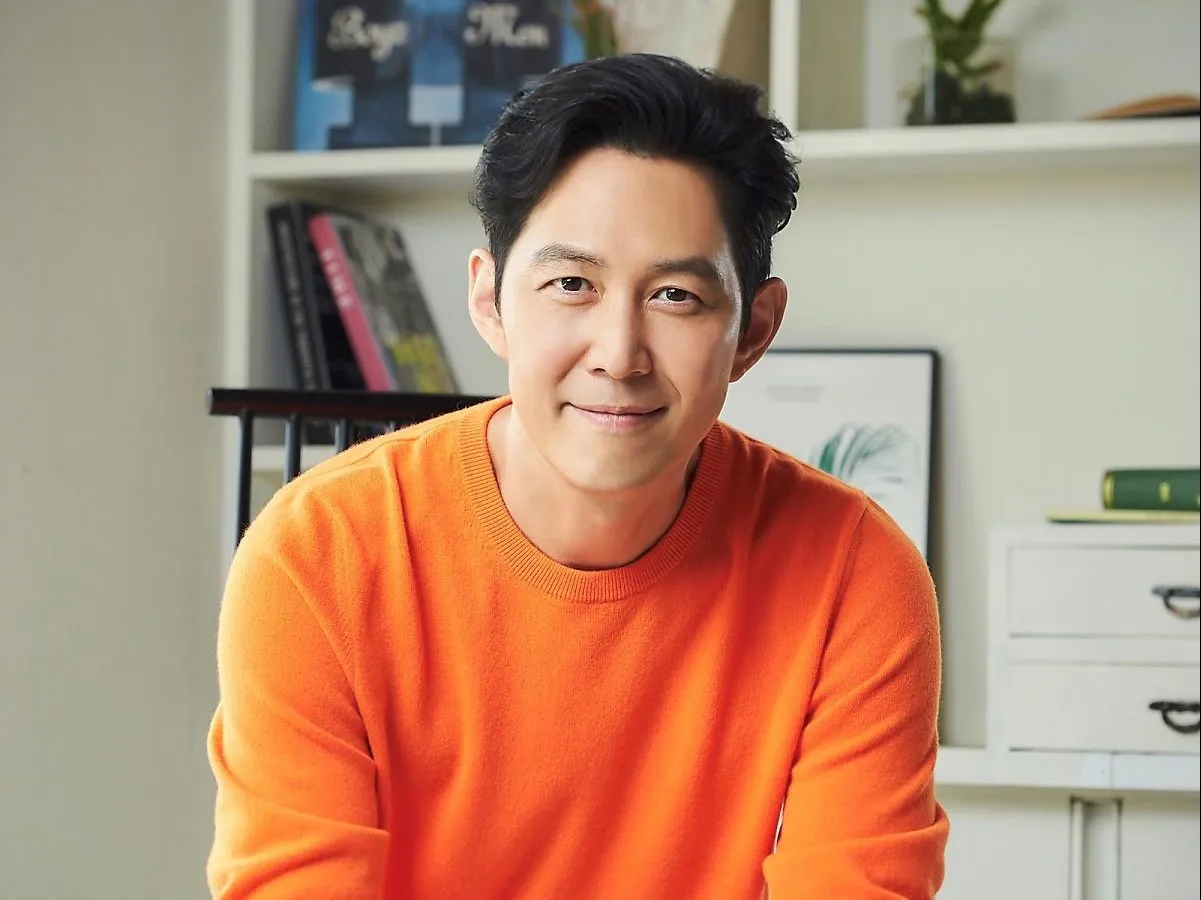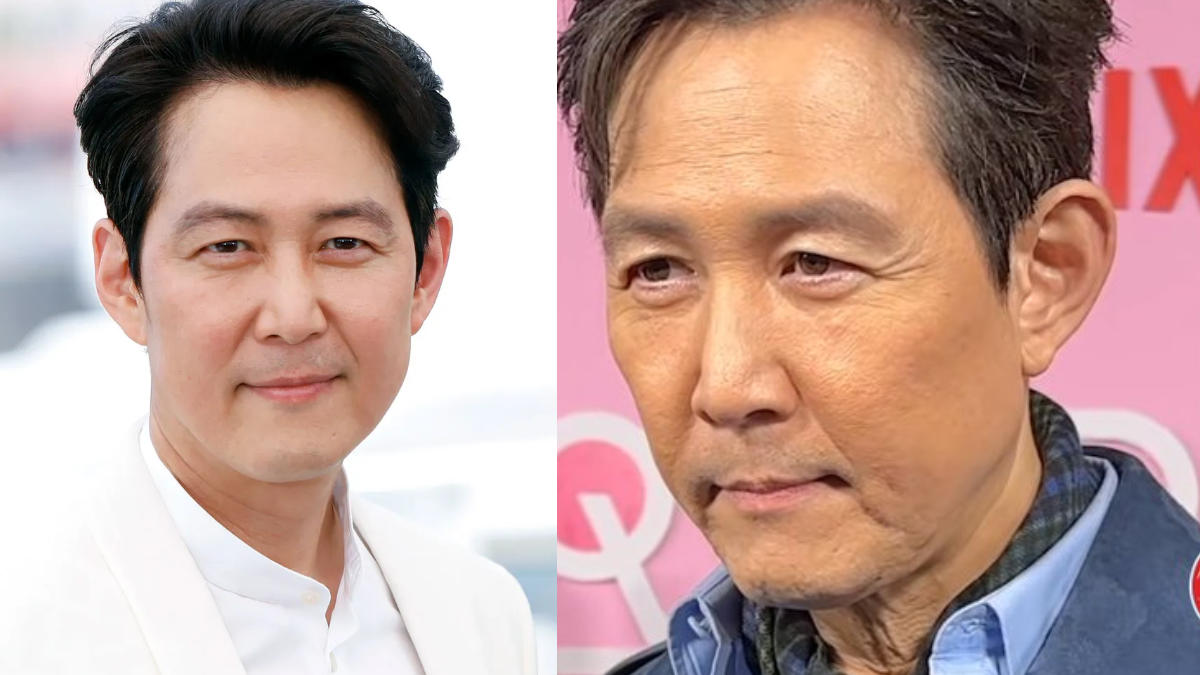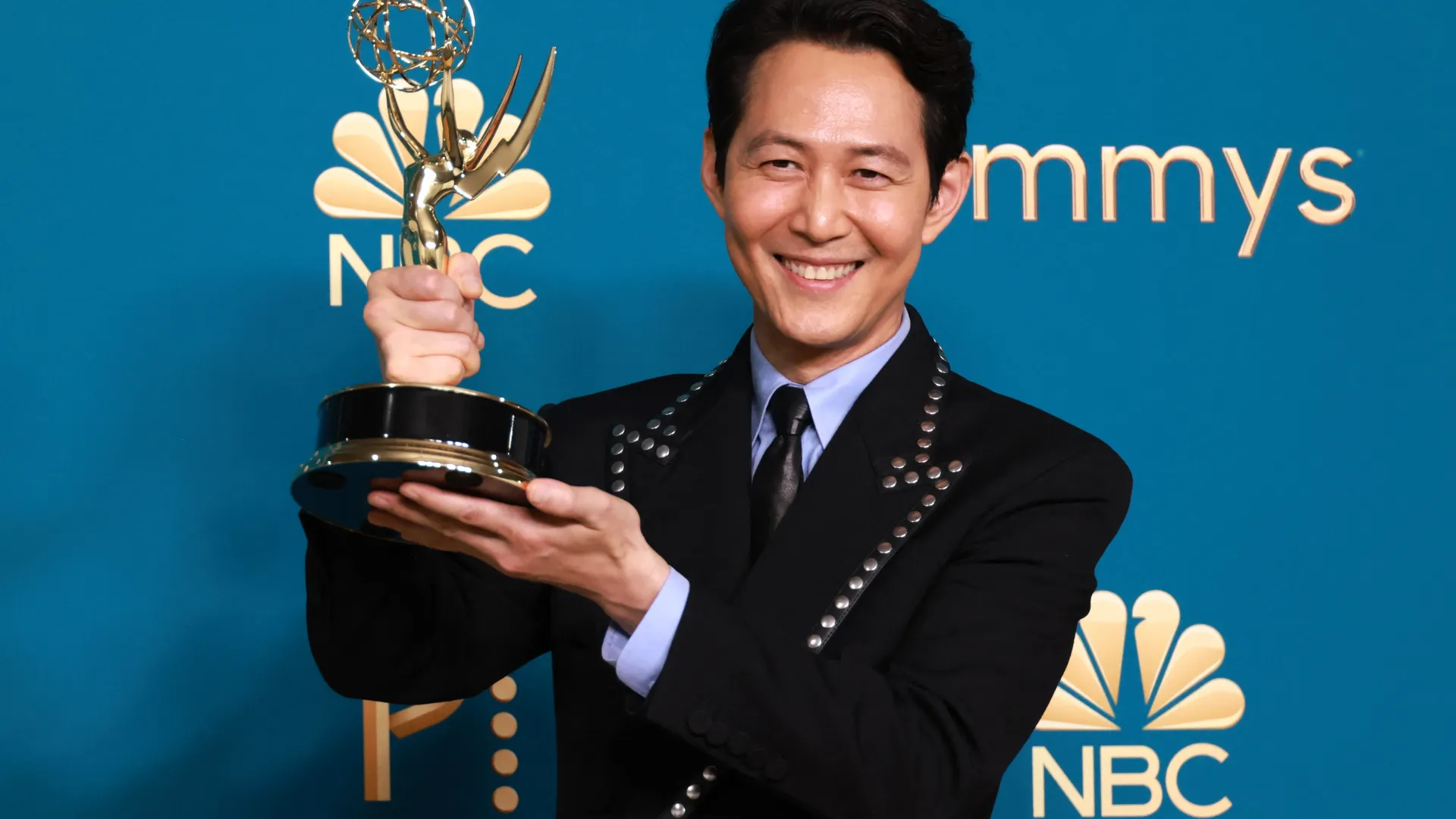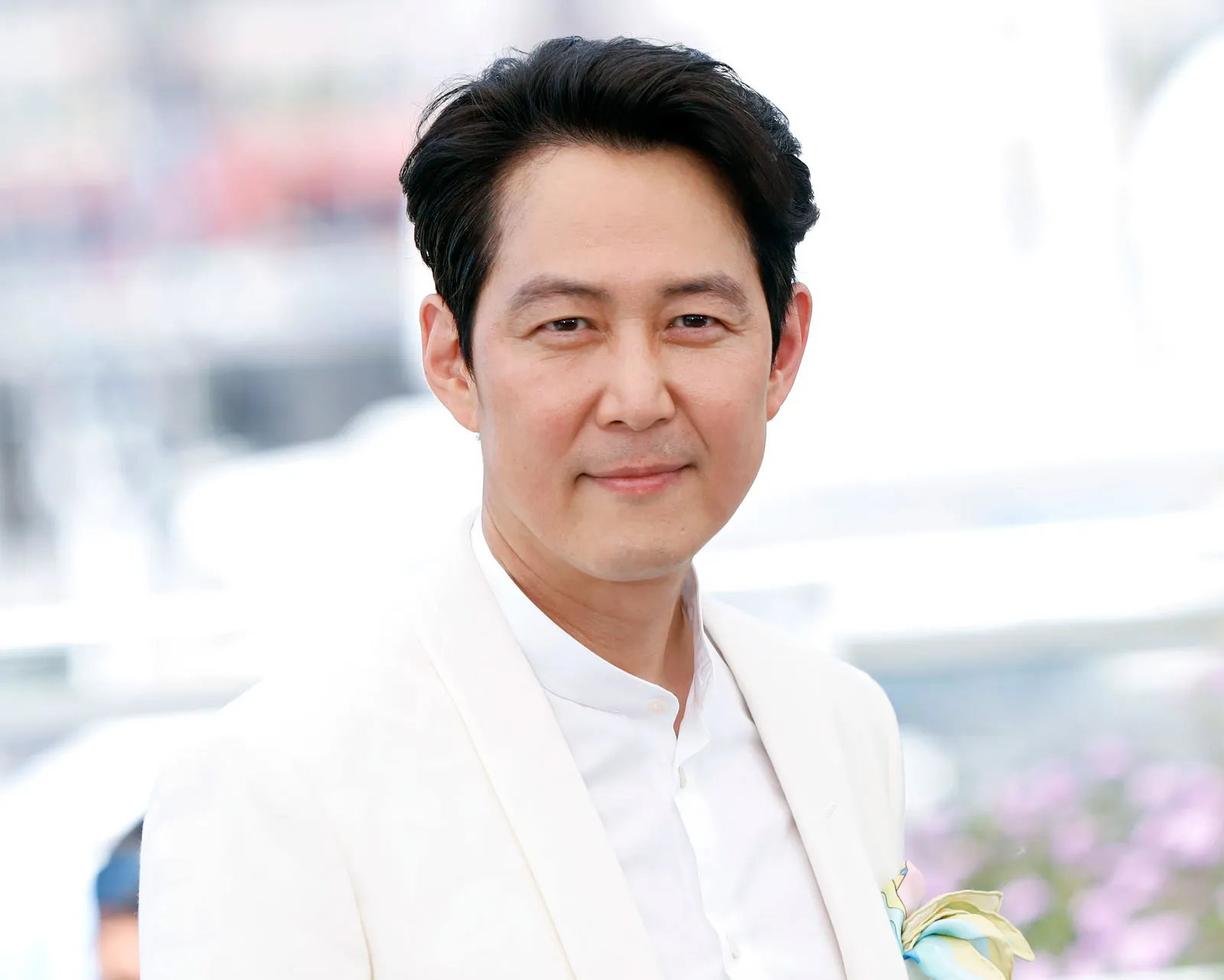Lee Jung-jae: The Unlikely Journey from Seoul Cashier to Global Entertainment Icon
Picture this: a young man working the cash register at a Seoul café, serving customers with no grand dreams of Hollywood stardom. Fast-forward three decades, and that same person is wielding a lightsaber in the Star Wars universe while simultaneously directing Korean espionage thrillers. This isn't the plot of a feel-good movie—it's the real-life story of Lee Jung-jae, the Korean actor who has become one of the most compelling figures in contemporary entertainment.

Lee Jung-jae's rise to international fame might seem sudden to Western audiences who first encountered him as the desperate Seong Gi-hun in Netflix's "Squid Game," but his journey spans decades of dedication, reinvention, and an almost stubborn refusal to be pigeonholed into any single category of success.
The Humble Beginnings That Shaped a Star
Before Lee Jung-jae became the face of Korean entertainment's global expansion, he was just another young man trying to make ends meet in Seoul. Working as a cashier might not seem like the typical launching pad for an acting career, but it was during these early years that Jung-jae developed the observational skills and understanding of human nature that would later make him such a compelling performer.
What's fascinating about Jung-jae's early career isn't just that he started from humble beginnings—it's how he approached each opportunity with the same intensity he'd later bring to international projects. His breakthrough came through modeling, where his distinctive features and natural charisma caught the attention of casting directors. But even then, he wasn't content to coast on his good looks.
Building a Foundation in Korean Cinema
Long before Western audiences knew his name, Lee Jung-jae was establishing himself as one of Korea's most versatile actors. His filmography reads like a masterclass in range: from the romantic time-travel drama "Il Mare" to intense crime thrillers, Jung-jae consistently chose projects that challenged him as a performer.
What set him apart wasn't just his acting ability—it was his business acumen. While building his entertainment career, Jung-jae was simultaneously developing his skills as an entrepreneur. His ventures into the restaurant industry weren't just side hustles; they were expressions of his creativity and understanding of aesthetics. His upscale Seoul restaurant chains became known not just for their cuisine but for their interior design, reflecting Jung-jae's keen eye for visual storytelling that would later serve him well behind the camera.
The Art of Reinvention
Perhaps the most remarkable aspect of Lee Jung-jae's career is his willingness to reinvent himself at every stage. When he could have settled into comfortable leading man roles in Korean cinema, he pushed himself into new territories. His art collection reveals a man who thinks deeply about creativity and expression, while his restaurant businesses showcase an entrepreneur who understands the importance of creating experiences, not just serving food.

The Global Breakthrough: More Than Just Squid Game
When "Squid Game" exploded onto Netflix screens worldwide, Lee Jung-jae's portrayal of Seong Gi-hun became the emotional anchor of the series. But here's what many viewers didn't realize: Jung-jae wasn't just playing a desperate man—he was channeling decades of understanding about human resilience, desperation, and hope.
His performance resonated globally not because it was broadly theatrical, but because it was deeply specific. Jung-jae brought nuances to Gi-hun that could only come from an actor who had spent years observing and understanding the complexities of ordinary people facing extraordinary circumstances.
Breaking Hollywood Barriers
The transition from Korean cinema to Hollywood is notoriously challenging, but Lee Jung-jae approached it with characteristic determination. Learning English for his role as Master Sol in "The Acolyte" wasn't just about memorizing lines—it was about understanding how to convey the same emotional depth in a different language while honoring both Korean acting traditions and Star Wars mythology.
His appearance on "Jimmy Fallon" in 2024 showcased not just his improved English skills, but his ability to connect with audiences across cultural boundaries. Watching him navigate American late-night television with the same charm he brought to Korean variety shows demonstrated his evolution as a truly international entertainer.
Behind the Camera: The Director's Vision
While audiences worldwide were falling in love with his acting, Lee Jung-jae was quietly developing another facet of his creative identity. His directorial debut with "Hunt" wasn't just an actor trying his hand at directing—it was the culmination of decades of observing storytelling from every angle.
The espionage thriller showcased Jung-jae's understanding of tension, character development, and visual storytelling. More importantly, it demonstrated his commitment to Korean cinema even as his international profile soared. This wasn't about abandoning his roots for Hollywood success; it was about using his platform to elevate Korean storytelling on the global stage.

Balancing Multiple Creative Identities
What makes Lee Jung-jae's career trajectory so compelling is how he refuses to choose between his various creative interests. He's simultaneously the Star Wars Jedi master, the Korean drama star, the restaurant owner, the art collector, and the director. Each role informs the others, creating a creative ecosystem that keeps him growing as an artist.
The Cultural Impact: Representing More Than Himself
Lee Jung-jae's success represents something larger than individual achievement. He's become a symbol of the Korean Wave's evolution from regional phenomenon to global cultural force. His presence in the Star Wars universe isn't just about Asian representation—it's about the recognition that compelling storytelling transcends cultural boundaries.
His journey from cashier to international star resonates because it embodies the possibility of transformation through dedication and authenticity. In a world where success often seems predetermined by circumstances of birth, Jung-jae's story offers a different narrative: that talent, persistence, and willingness to grow can create opportunities that didn't previously exist.
Lessons for Aspiring Creatives
Lee Jung-jae's career offers several key insights for anyone pursuing creative success:
First, diversification isn't distraction—it's enrichment. His restaurant businesses, art collecting, and multiple entertainment ventures haven't diluted his focus; they've enhanced his creative perspective. Each experience brings new understanding that informs his artistic choices.
Second, authenticity travels better than imitation. Rather than trying to become a Western actor, Jung-jae brought his Korean sensibility to international projects, enriching them with perspectives audiences hadn't seen before.
Third, timing matters less than readiness. He didn't achieve global recognition until his fifties, but when the opportunity came, he was prepared with decades of experience and skill development.
Looking Forward: The Next Chapter
As "Squid Game" prepares for its third season and Lee Jung-jae continues developing his directorial career, his story is far from over. His trajectory suggests someone who views each success not as a destination but as a launching pad for the next creative challenge.
His influence extends beyond his individual projects. He's opening doors for other Korean actors in Hollywood while simultaneously elevating the profile of Korean cinema internationally. His success creates space for more complex, nuanced Asian representation in global entertainment.

The Enduring Appeal of Authentic Storytelling
What makes Lee Jung-jae's career so compelling isn't just his individual achievements—it's how he represents the power of authentic storytelling in an increasingly connected world. His performances resonate across cultures because they tap into universal human experiences: desperation, hope, resilience, and the desire for connection.
His business ventures and artistic interests reveal someone who understands that creativity isn't limited to a single medium or expression. Whether he's designing restaurant interiors, collecting contemporary Korean art, or bringing depth to fictional characters, Jung-jae approaches each endeavor with the same commitment to excellence and authenticity.
Conclusion: More Than a Success Story
Lee Jung-jae's journey from Seoul cashier to global entertainment icon offers more than inspiration—it provides a blueprint for authentic success in an interconnected world. His story demonstrates that excellence in one area creates opportunities in others, that cultural authenticity enhances rather than limits global appeal, and that it's never too late to reinvent yourself while staying true to your core values.
As we watch his continued evolution—from Squid Game star to Star Wars Jedi master to acclaimed director—we're witnessing more than a career; we're seeing the embodiment of the Korean Wave's maturation from cultural export to integral part of global entertainment. Lee Jung-jae hasn't just achieved international success; he's redefined what that success can look like for artists willing to embrace both their heritage and their potential for growth.
The next time you see him on screen, whether he's wielding a lightsaber or navigating the complex emotional landscape of Korean drama, remember that you're watching someone who proves that the most compelling stories often begin in the most unexpected places. In Lee Jung-jae's case, that place was behind a cash register in Seoul, where a young man with big dreams began a journey that would eventually take him to galaxies far, far away.
